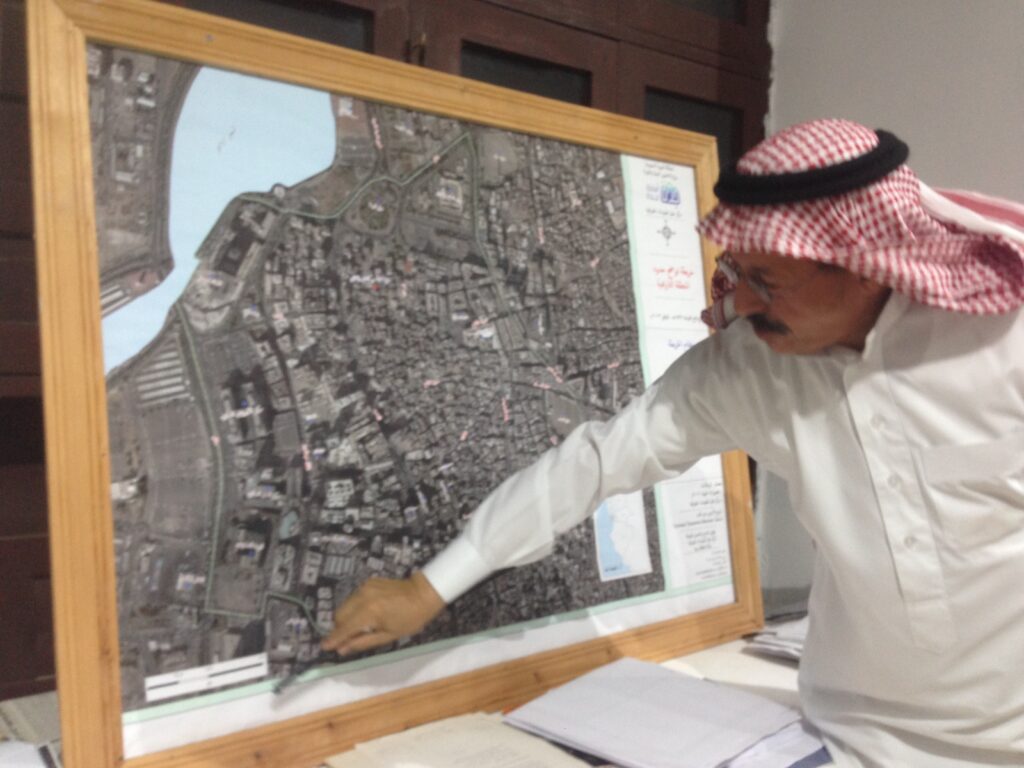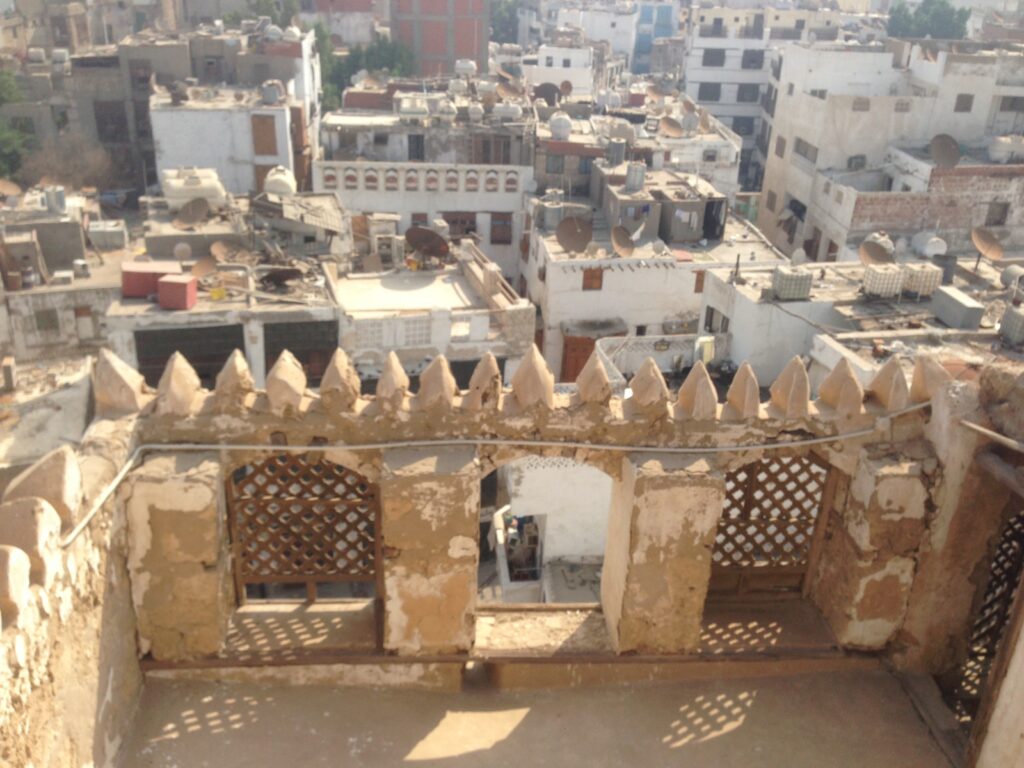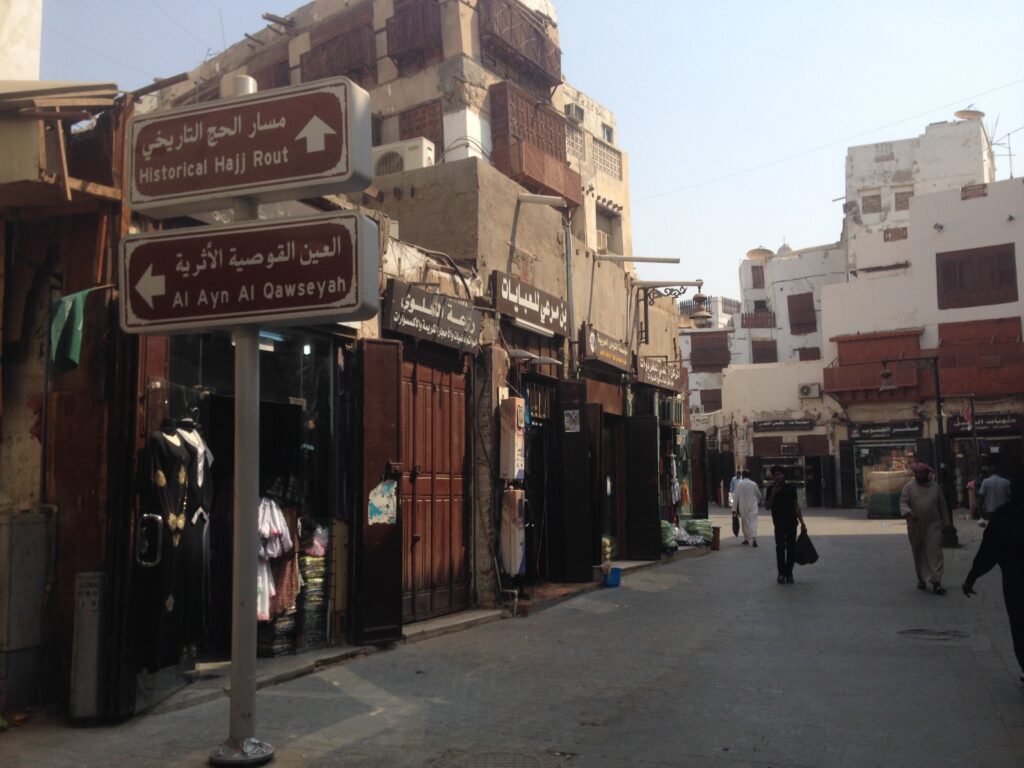Saudi Arabia – Study for Heritage-led Urban Regeneration Saudi Arabia
What
Scott Wayne was commissioned by the World Bank to join the team for research and analysis of heritage-led regeneration of historic city centers in Saudi Arabia. The resulting report demonstrated that heritage can be a significant catalyst for investment and urban regeneration in cities and thereby contribute to local economic development. As the report showed, some KSA destinations such as Jeddah, heritage investments were already boosting urban regeneration by generating economic returns, employment and additional investments, especially from the private sector, thus reinforcing the case for additional similar investments in heritage across the country.
The report reviewed several international methodologies for use in Saudi Arabia in developing urban regeneration projects. These included:
- Adaptive re-use and cost recovery
- Integrated area development
- Full commercialization
- Transfer of development rights
- Real estate development
- Feedback between increased land values and public revenue
- Tourism
- Conservation of historic monuments.
International case studies and lessons learned were included in the report especially regarding the following important topics:
- Heritage policies
- Regulations often set as limits on and quality criteria for development
- Investment instruments to protect heritage assets that include fiscal instruments such as taxation and incentives.
The international examples that were analyzed included:
- Malaysia (Melaka and George Town)
- United Kingdom (Grainger Town in Newcastle)
- Jordan (Karak, Salt, Ajloun, Jerash and Madaba)
- Georgia (Tbilisi)
- Macedonia (Skopje)
- Lebanon (Port of Tyre)
- Spain (Bilbao)



